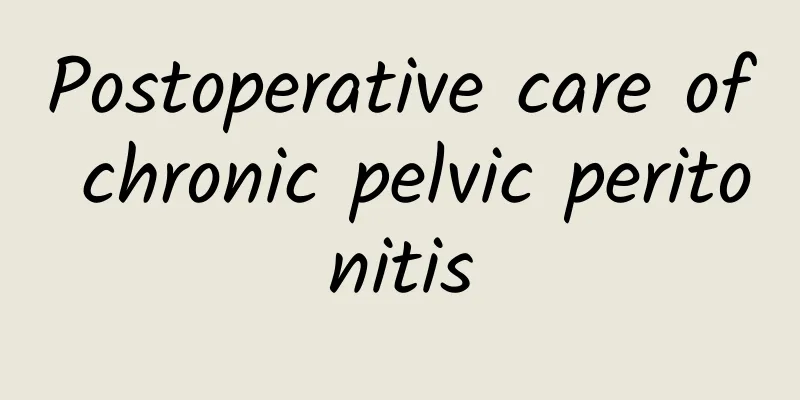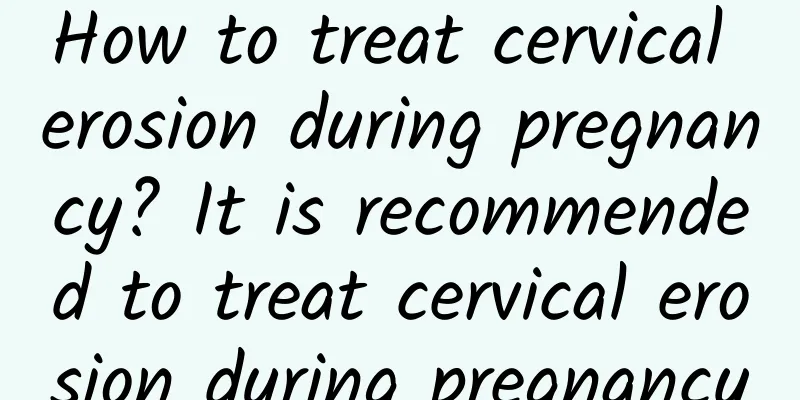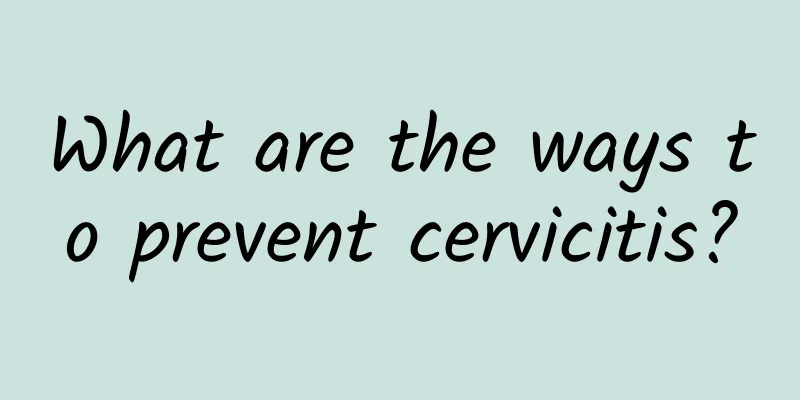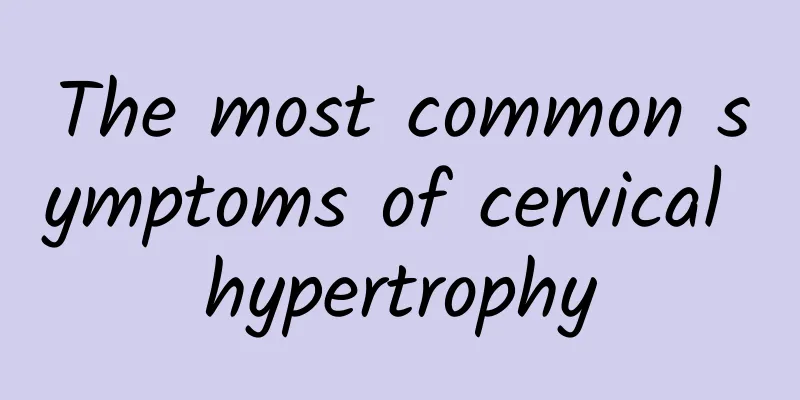Emergency contraceptive pills do not increase the risk of ectopic pregnancy? No method will
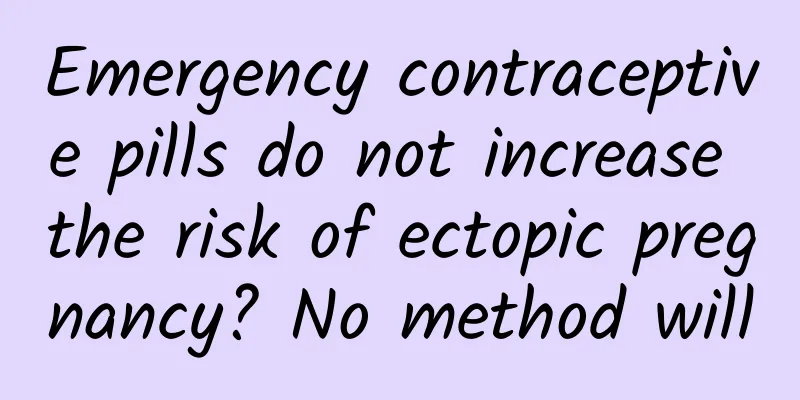
|
In fact, emergency contraceptive pills and ectopic pregnancy (commonly known as ectopic pregnancy) are also issues that those of us who study emergency contraception have always been concerned about. A research survey showed that among 45,842 women who used emergency contraception, there were only 5 cases of ectopic pregnancy (2 using 50 mg mifepristone, 1 using 10 mg mifepristone, and 2 using levonorgestrel). The conclusion of the review is that any emergency contraceptive method will not increase the occurrence of ectopic pregnancy. As emergency contraceptives (especially levonorgestrel) become over-the-counter (OTC) drugs in more and more countries, their safety has attracted more attention. In 2009, at the initiative of Professor Beth (Family Health Institute FHI) and Professor Trussell (Princeton University), we jointly conducted a project to collect articles on emergency contraceptives published before August 2009, and used the statistical analysis method of evidence-based medicine to explore the relationship between emergency contraceptives and ectopic pregnancy. A total of 136 eligible studies (including non-randomized controlled studies) were collected, including 114 studies in China and 22 studies abroad. There were 35,867 women taking mifepristone for emergency contraception: 494 cases of contraceptive failure, including 3 cases of ectopic pregnancy, with an incidence of 0.6%; there were 15,696 women taking levonorgestrel for emergency contraception: 307 cases of contraceptive failure, including 3 cases of ectopic pregnancy, with an incidence of 1.0%; the incidence of ectopic pregnancy in the general pregnant population is 0.8-2.0%; it can be seen that emergency contraceptive pills do not increase the incidence of ectopic pregnancy, but can reduce it. Of course, for emergency contraceptive pills, you must understand the following points: 1) Emergency contraceptive pills are a temporary remedy to prevent unwanted pregnancy after unprotected intercourse. The earlier you take them, the better the contraceptive effect. 2) The contraceptive effectiveness of emergency contraceptive pills is significantly lower than that of conventional oral contraceptive pills, and the side effects are relatively higher than those of conventional contraceptive methods; 3) Never use emergency contraceptive pills as regular contraceptive methods frequently or repeatedly; 4) Regular contraceptive methods must be implemented immediately after using emergency contraceptive pills, otherwise the failure rate will increase; 5) If you vomit within 2 hours after taking emergency contraceptive pills, you must take another pill immediately; 6) The failure rate of emergency contraceptive pills increases if there are multiple unprotected sexual intercourses within a menstrual cycle; 7) Continuing pregnancy after failure of emergency contraceptive pills does not increase the incidence of birth defects. |
<<: Can the ectopic pregnancy test paper detect it? It can only detect pregnancy
>>: Can ectopic pregnancy test strips be detected? Check at the hospital
Recommend
What are the causes of cervical erosion?
In daily life, cervical erosion is a common gynec...
Fast fat burning running method 4 key points to remember
Recently, more and more women are making running ...
How to care for patients with amenorrhea in daily life
Amenorrhea is a common gynecological disease and ...
Brazil is home to beautiful women! Breast enhancement and hip enhancement extend the beauty feast
If you have traveled to Brazil, you must have a d...
Xiaozhen loses weight with these 2 tricks CrossFit + flywheel. The secret is...
Well-known artist Xiao Zhen has recently lost a l...
Why do women get uterine fibroids?
I believe many people have experienced the harm c...
Shaofu Zhuyu Decoction is effective in treating cold-damp stagnation type adnexitis
Traditional Chinese medicine divides adnexitis in...
How much does it cost to treat uterine fibroids? Is the treatment of uterine fibroids expensive?
Benefit refers to actual benefits; actual benefit...
Hydration alone is not enough when exercising! There are two more that must be supplemented
In the hot summer, people sweat a lot. "Drin...
How much does it cost to cure Bartholinitis?
How much does it cost to completely cure Bartholi...
How to speed up spontaneous abortion? See what the doctor says
When spontaneous abortion occurs, abdominal and v...
Vulvar pain should not be ignored due to the harm of candidal vaginitis
The probability of mycotic vaginitis is relativel...
What Chinese medicine should I take to treat endometrial thickening?
For patients with thick endometrium, effective tr...
How to treat adnexitis effectively
How to treat adnexitis? Traditional Chinese Medic...
Symptoms and treatments of amenorrhea Causes of amenorrhea
Amenorrhea refers to the cessation of menstruatio...


